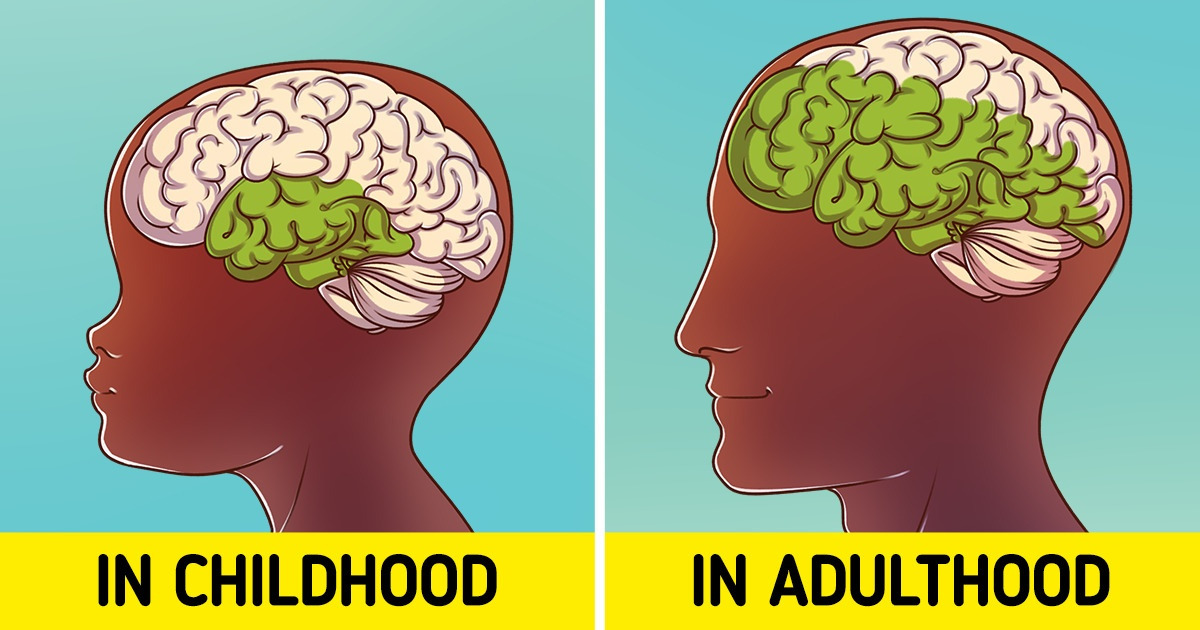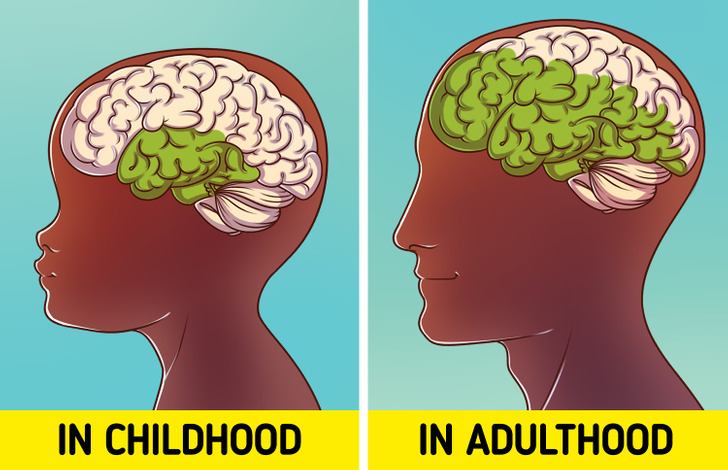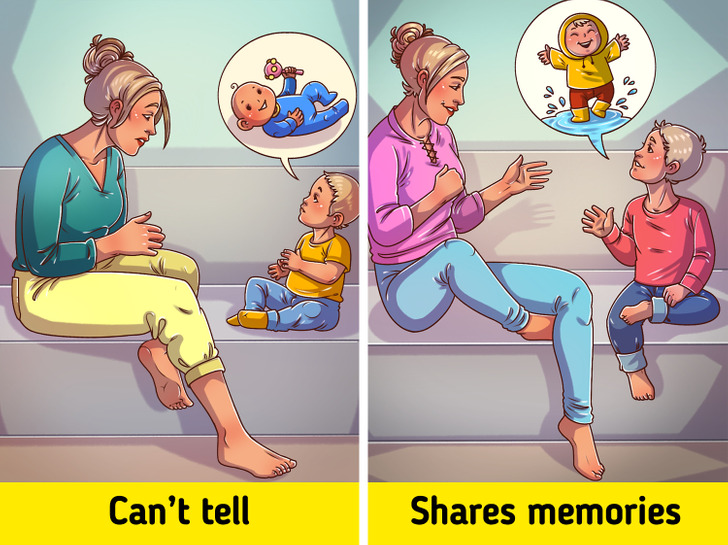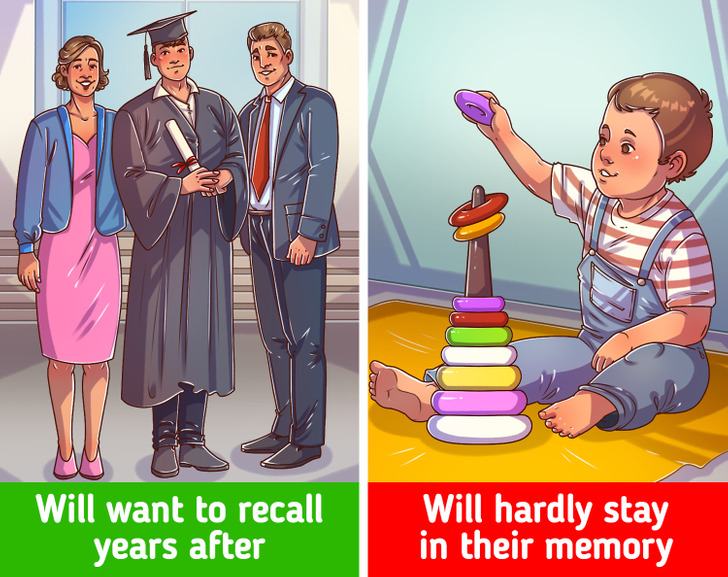Why We Don’t Remember Our Childhood Well

Most people don’t have any memories from the first 3 to 4 years of their life. When we try to recall our own childhood, we often start to doubt whether those memories are real at all.
5-Minute Crafts is explaining where our childhood memories go and why we remember the early years of our life so poorly.
How our memories work

In adulthood, we rarely remember events that happened to us in early childhood, while the memories connected to our life during the period from 3 to 7 years old are oftentimes fragmentary. This phenomenon is called “infantile amnesia.”
It might seem that the reason for remembering our early years so badly is because infants and toddlers don’t have a fully developed memory. However, children at the age of 6 months can already form not only short-term memories but also long-term ones that last for weeks and sometimes even months.
Of course, the capabilities of memory at this age are far from the ones that adults have. So the most likely theory that scientists offer as an answer to the question of what causes infantile amnesia is the influence of age-related processes of memory development.
How our memory forms

The processes of memory development include several areas of the brain whose work is associated with the formation, sustaining, and subsequent retrieval of memories. Thus, the hippocampus, which is considered to be responsible for the formation of memories, develops until the age of 7.
At the same time, a typical age border of infantile amnesia — the age 3.5 — is gradually shifting, which is why kids and teenagers have earlier memories than adults. It means the issue is connected not only with the formation but also with sustaining the memories.
Another factor to consider is language. Children under the age of 6 gradually move to full use of their native language, resulting in serious changes occurring in their verbal communication, and they coincide with the period of infantile amnesia. Thus, the child starts to use the words of the past tense and words associated with memory, such as “remember” and “forget” in their speech.
Scientists held research where kids who had serious trauma from the age of 1 to 2 were interviewed about those events 5 years later. Most kids who were less than 1 year old at the time of the event didn’t remember the events well — they were mixing up the details or describing the events consisting of several different memories. At the same time, kids who were 2 at the time they were traumatized remember the event much better.
Important memories

Sometimes we remember seemingly insignificant things, such as a melody of an old song or ordinary everyday conversations with close friends. If those events took place in teenagerhood, we will likely be recalling them 10 or even 20 years later.
People older than 30 have more memories about teenagerhood or early adulthood than about any other years of life. This happens because the events that, to some extent, affected the formations of our personal “me” are important to us, while teenagerhood is the main period in shaping our personalities.